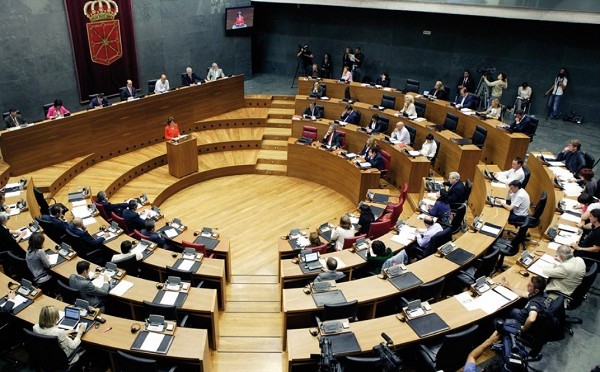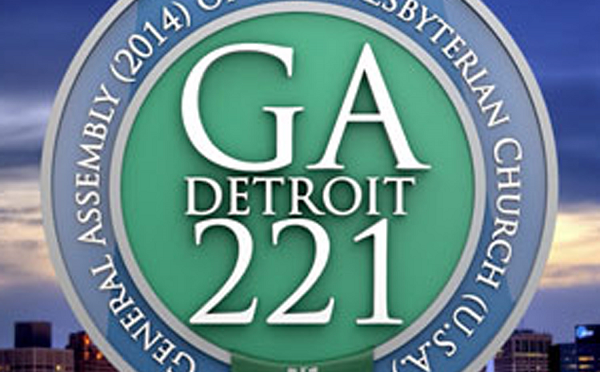Month: June 2014
-

Parliament of Navarre Recognizes Armenian Genocide
(asbarez.com) PAMPLONA, Spain—The parliament of Spain’s autonomous community of Navarre adopted a measure on Monday recognizing the Armenian Genocide. The measure came after a series of visits by members of the Navarre parliament to Armenia and Artsakh. Navarre lies in the north of Spain and has a sizable population of Basque speakers. The declaration, adopted…
-

Presbyterian Church Adopts Resolution on Armenian Genocide Centennial
DETROIT—On Friday, June 20, some 600 commissioners to the 221st General Assembly of the Presbyterian Church (USA), meeting in Detroit, Mich., adopted with near unanimity a resolution recognizing the Armenian Genocide and adopting the 2015 church calendar designating April 26 as the day for its observance. It also directed the church’s Mission Agency to prepare…